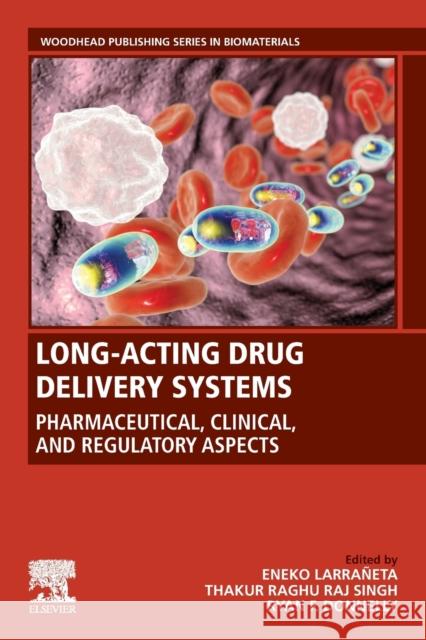Long-Acting Drug Delivery Systems: Pharmaceutical, Clinical, and Regulatory Aspects » książka
topmenu
Long-Acting Drug Delivery Systems: Pharmaceutical, Clinical, and Regulatory Aspects
ISBN-13: 9780128217498 / Angielski / Miękka / 2021 / 394 str.
Kategorie:
Kategorie BISAC:
Wydawca:
Woodhead Publishing
Seria wydawnicza:
Język:
Angielski
ISBN-13:
9780128217498
Rok wydania:
2021
Numer serii:
000904752
Ilość stron:
394
Waga:
0.52 kg
Wymiary:
22.86 x 15.24 x 2.06
Oprawa:
Miękka
Wolumenów:
01
Dodatkowe informacje:
Bibliografia











